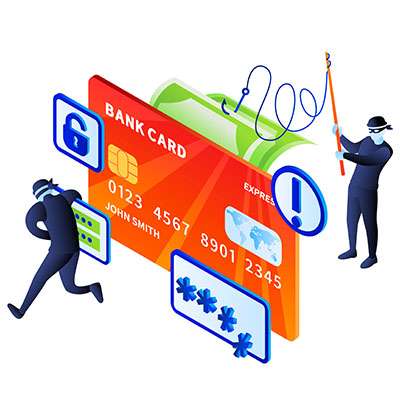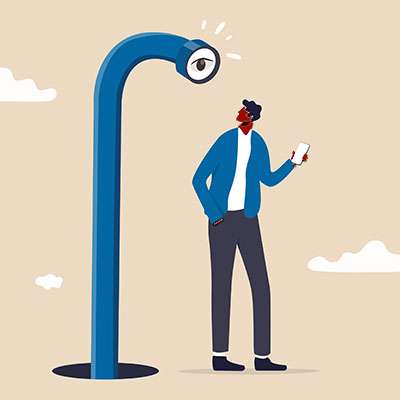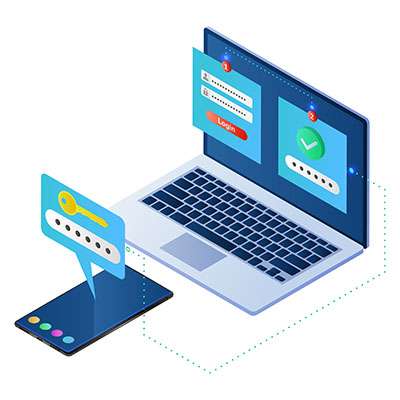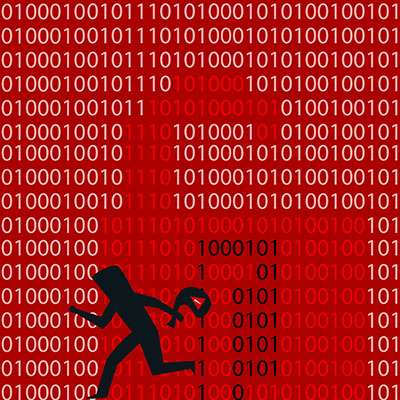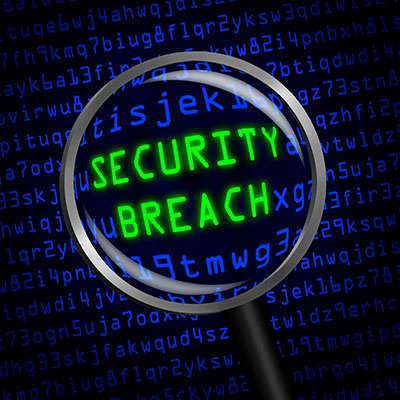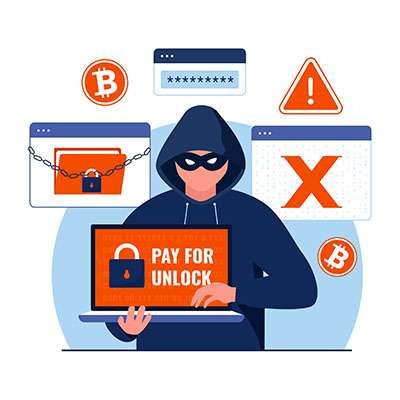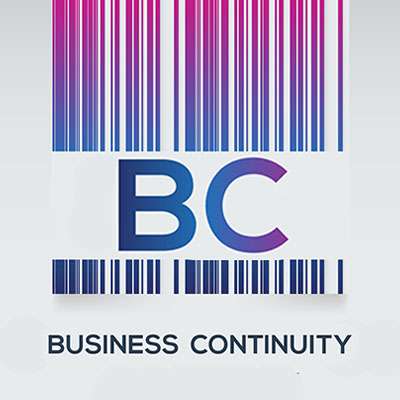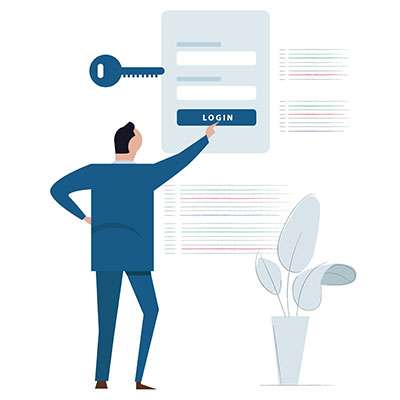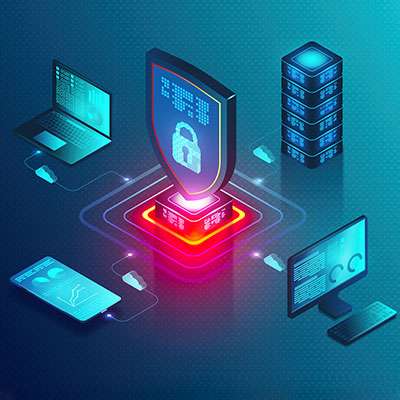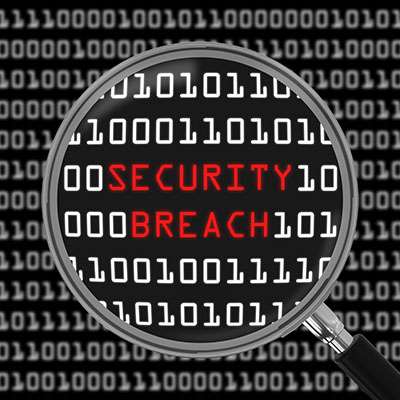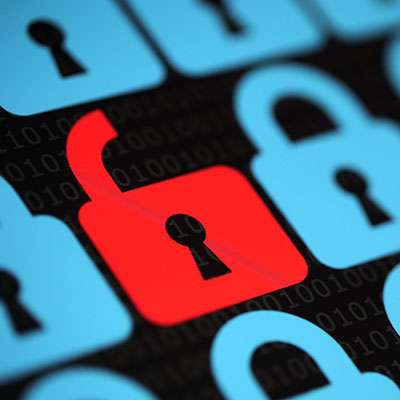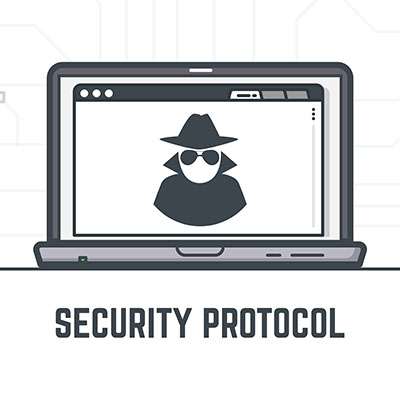Sometimes the most dangerous scams out there are the simplest ones. Hackers don’t require a fancy or complicated malware or algorithm to create chaos for your business; all they have to do is convince you that the email you’ve received in your inbox is from someone of authority within your business. Listed below: how a business email compromise is pulled off and why you need to be wary of threats like these.
Macro Systems Blog
No matter how well you protect your network, chances are you’ll suffer eventually from some vulnerability or another. However, you can take considerable measures toward protecting your business so you don’t have to worry so much about it. Listed below is how your efforts today can protect your business now and in the future.
Consider this scenario: you’re going about your daily tasks when you receive an email from a cybersecurity company claiming that you have become the target of a hacking attack. You don’t work in IT, so you’re not sure what your security agency is or what security policies or procedures you have in place, so you trust the message and respond to the email. Alas, the message came from a cyberthreat, and now you are on their hook, line and sinker.
Because of the faceless nature of many cybercrime acts, it can be easy to see them as nothing more than the acts themselves, which is of course not true. Behind these attacks are people, and where people performing illegal acts are concerned, there will always be concerns about other criminal acts which perpetuate the ones at the surface.
Even if mobile malware doesn’t have as much of a presence in the cyber threat landscape as other significant threats like ransomware variants, it is still just as dangerous under the right circumstances. An Android banking malware called Sova, for example, has returned with a vengeance with additional features to make users’ lives miserable.
Mobile devices have become a vital part of our daily lives, to the point that many of us openly feel undressed without our phones. As a result, our phones go everywhere with us. On the other hand, it’s imperative to remember that some applications have requested access to our location information. Do all of these apps need to know precisely where we are?
User authentication is an imperative security feature for a business, specifically because it helps to reduce a significant threat to your business. This is why we’re so adamant that you should require multi-factor authentication wherever it is available… but is a better way to authenticate your users on the horizon?
Say you’ve been infected by a ransomware attack, and (against our advice) you’ve elected to pay the ransom. That’s the biggest cost that comes with it, right?
Alas, wrong. A ransomware attack comes with a lot more financial impact than just the payment the attacker demands. Listed below are some of these other costs that can actually outpace that of the ransom.
There is always the possibility that you have been involved with a data breach and you simply have not been contacted by the affected party. Additionally, if a hacker has managed to crack a website or service without being detected, you wouldn’t be notified in any case, either. Ask yourself this question: if I were to be involved with a data breach, how would I know it, and what can I do about it? And what is my data being used for anyway?
All businesses and industries could potentially be targeted by ransomware, regardless of their size or target audience. That being said, as of late, some industries have been targeted more and more. Listed below are some of the commonly targeted industries that ransomware is frequently waged against.
Your business is your livelihood, so it only makes sense to invest in its protections so that your livelihood is secure. This will require a strategic approach. Listed below is what your business needs to remain sufficiently secure, and what you should look for from each to get the best, most secure option.
Your organization is likely vulnerable to cybersecurity attacks. There are a lot of things you should be doing to protect your business, but this one task is something you can do right now to save your business a lot of stress if something were to take down your network and cause a major disruption.
Have you ever wondered how some platforms will only have you log in once for all of your numerous needs, even though they might be different applications, websites, or services? This is basically what single sign-on is, and it’s common in the modern technology world. What is single sign-on exactly, and what kind of security does it actually provide for companies that utilize it?
Modern Businesses have to deal with more potential problems than in any time in history. These problems include cost increases at every turn, personnel shortages, and a regulatory landscape that is always evolving. One of the biggest issues that can have a negative effect on a business is not having the processes and resources in place and working to secure its data and network. Listed below is a look at five suggestions that can work to help your business keep its network and data more secure.
Security is an incredibly critical part of running a business, but it’s extremely easy for busy employees to fall short of the security expectations you might place on them. This is why it is so imperative to train your employees on the many facets of cybersecurity. By training them, you are preparing them to tackle the variety of challenges they will encounter throughout the workday.
How many security solutions does your business have implemented at any given time? Traditionally, businesses have implemented what we call “point solutions,” which are software tools designed to address a specific part of your security infrastructure. While this approach is better than not having security at all, it presents several issues that must also be addressed in order to most effectively protect your business.





